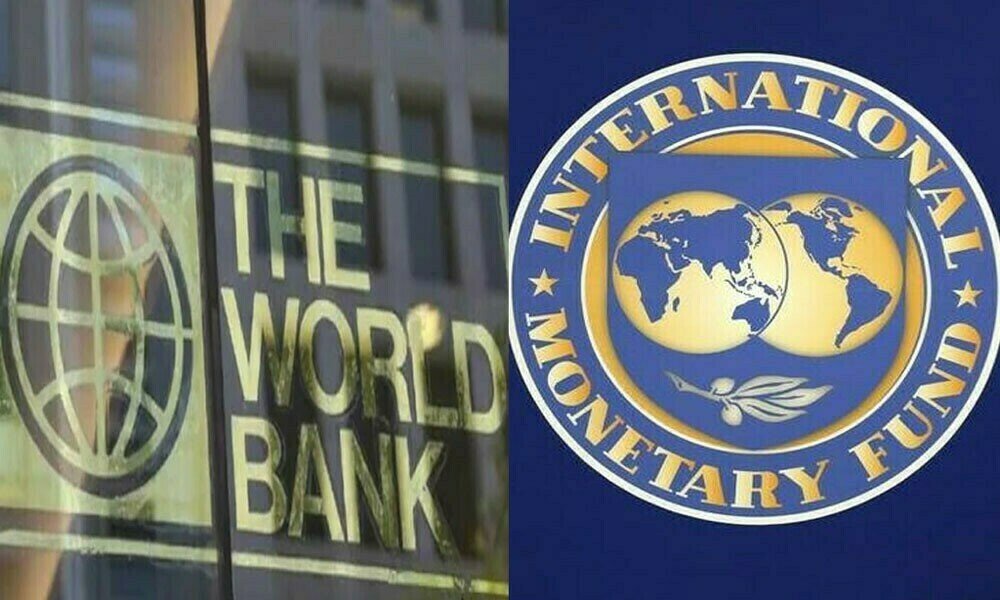The International Monetary Fund (IMF) is diligently monitoring recent developments in the global bond market following a recent sell-off in the United States, according to the IMF’s Chief Economist, Pierre-Olivier Gourinchas. He emphasized that the tightening of financial conditions is among the risks facing the global economy.
Gourinchas noted that the sell-off of U.S. bonds may be attributed to a potential supply-demand mismatch rather than a deep concern regarding further interest rate hikes or heightened apprehensions about long-term risks.
“It might simply reflect the fact that there is an increased supply of bonds, causing an adjustment in prices,” he explained during an interview about the IMF’s quarterly global outlook update, which was released on Tuesday in Marrakech, Morocco, during the annual meetings of the IMF and World Bank.
He also highlighted that there hasn’t been a substantial decline in risk appetite in equity and credit markets, making the bond market behavior somewhat puzzling. Gourinchas suggested that questions arise about the potential buyers of U.S. Treasury bonds, especially given the significant volume of issuance by the government.
Regarding fiscal policy in the United States, Gourinchas expressed the IMF’s stance, encouraging the country to consider reducing fiscal spending. He pointed out that the U.S. economy is performing well, the COVID-19 pandemic has waned, and the nation is not involved in any major conflicts.
“In favorable economic conditions, it’s an appropriate time to potentially reduce the budget deficit, creating room for expansion when economic conditions are less favorable,” he stated.
Gourinchas also mentioned that global markets are currently handling substantial levels of debt issuance, which could be contributing to a somewhat diminished appetite, not necessarily due to increased risk but primarily due to the sheer volume of debt supply.



